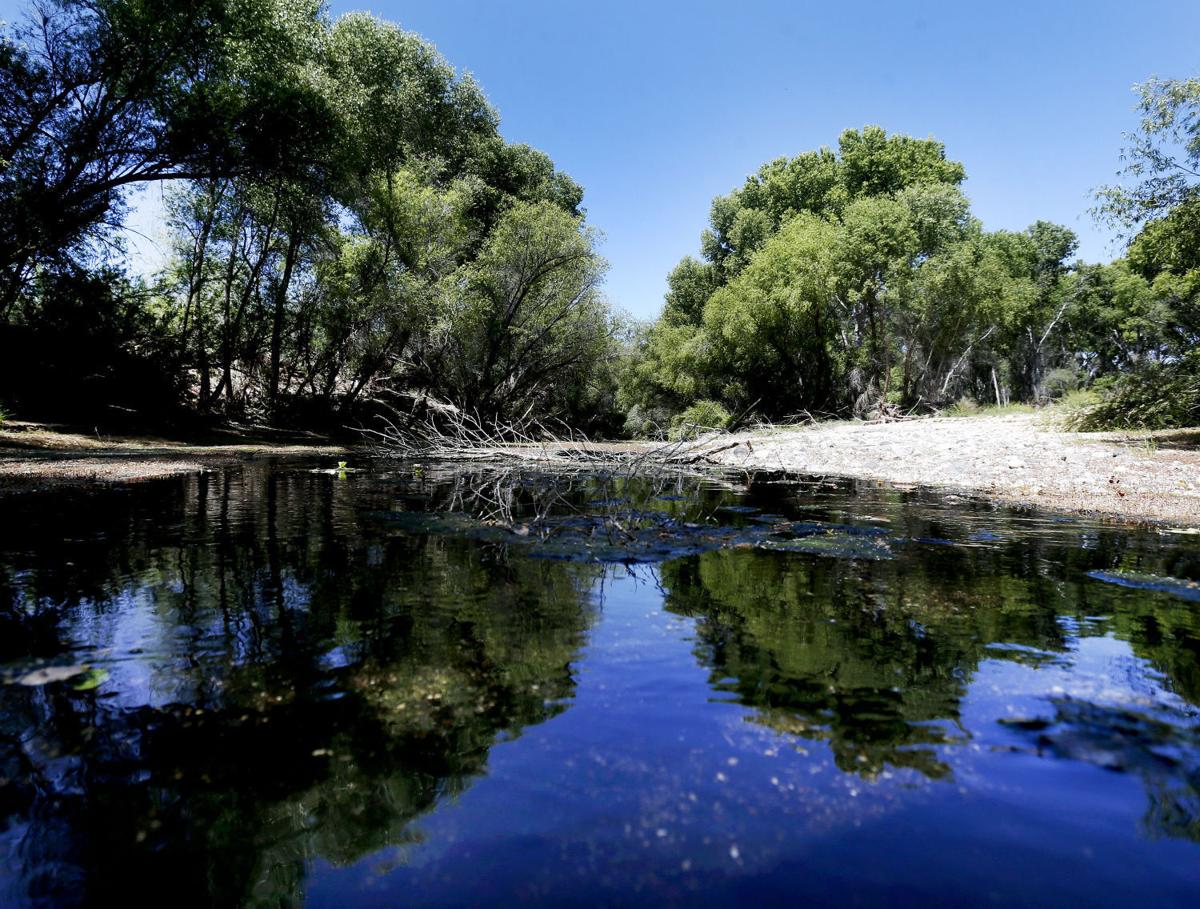PHOENIX — Rejecting claims it will harm the San Pedro River, the state House on Wednesday gave preliminary approval allowing Sierra Vista, Benson and other cities to ignore the requirements enacted by Cochise County supervisors that developers must first prove they have an assured 100-year supply of water.
Rep. Brenda Barton, R-Payson, said SB 1268, which also affects Yuma County, is simply about letting cities make their own decisions. But it also would allow a company planning a 7,000-home development to go ahead, no matter what the outcome of a lawsuit by the federal Bureau of Land Management.
That fact was underscored by Rep. Lisa Otondo, D-Yuma, who unsuccessfully urged colleagues to defeat the measure.
“This is a special interest bill,” she said. “This is about a development.”
That goes to the fact that Cochise and Yuma counties have adopted requirements that developers show they have a 100-year supply of water before they get the necessary permits.
People are also reading…
The state Department of Water Resources gave that assurance to the proposed Tribute development in Sierra Vista. But a judge said the state agency failed to take into account that some of the water the developer is counting on using may actually belong to the federal government because it feeds the flow of the San Pedro River and the riparian area there.
That case is on appeal.
Otondo said if the federal government wins its lawsuit, it gets priority to the water.
“If those 7,000 homes are built and they can’t pump water, where do you think they’re going to go?” she asked, suggesting that will lead to pressure to take water from other areas of the state.
And Rep. Rosanna Gabaldon, D-Green Valley, said there’s also the possibility that people will buy homes and have the water supply dry up before their 30-year mortgages are paid off. She also said the alternative is no more attractive: that the water supply will be depleted and the federal government will shut down Fort Huachuca.
SB 1268 would permit cities to opt out of county water-supply requirements if they meet other qualifications, like having a water-recharge program, adopting a water-conservation program, putting only low water-use plants on rights of way, and funding programs to replace high water-use plumbing fixtures.
Barton said Sierra Vista is already doing a lot to conserve water and should not be subject to the county requirement.
She said the city recharges more than 2,700 acre feet of water each year — close to 900 million gallons — “which is more than Fort Huachuca draws annually.”
But Barton also said she sees something more sinister in the federal lawsuit other than protection of the water flow into the river: an attack on state sovereignty.
She said it is “not a proven fact” that the water Sierra Vista wants to use for the development recharges the upper San Pedro River. Barton said the litigation is an attempt by the feds to “control the water within Cochise County using the Forest Service and the BLM and their departments to eventually command and control all the waters within the state of Arizona.”
This is the same measure that Barton had to withdraw from consideration last week amid opposition, including from some members of her own Republican Party.
But on Thursday, Rep. Rusty Bowers, R-Mesa, said he had changed his mind. At least part of the reason, he said, goes to the question of the interests of the federal government.
Bowers said at first it was to preserve the riparian area to protect two minnow species found in the river. But he said both have been taken off the list of endangered or threatened species.
He said that leaves a plant that he says actually is more widespread than the federal government acknowledges. Beyond that, Bowers, like Barton, said he sees a bigger federal agenda.
“They have been across the western United States, as has been declared, on a very aggressive hunt for areas where they can control water within streams,” Bowers said.
He said everyone wants to protect the San Pedro River. And Bowers said nothing in the legislation undermines that.
“This does not say that Sierra Vista has the ability to destroy the river,” Bowers said.
He said if there are really concerns about the recharge, there are things that can be done, including greater state oversight.











